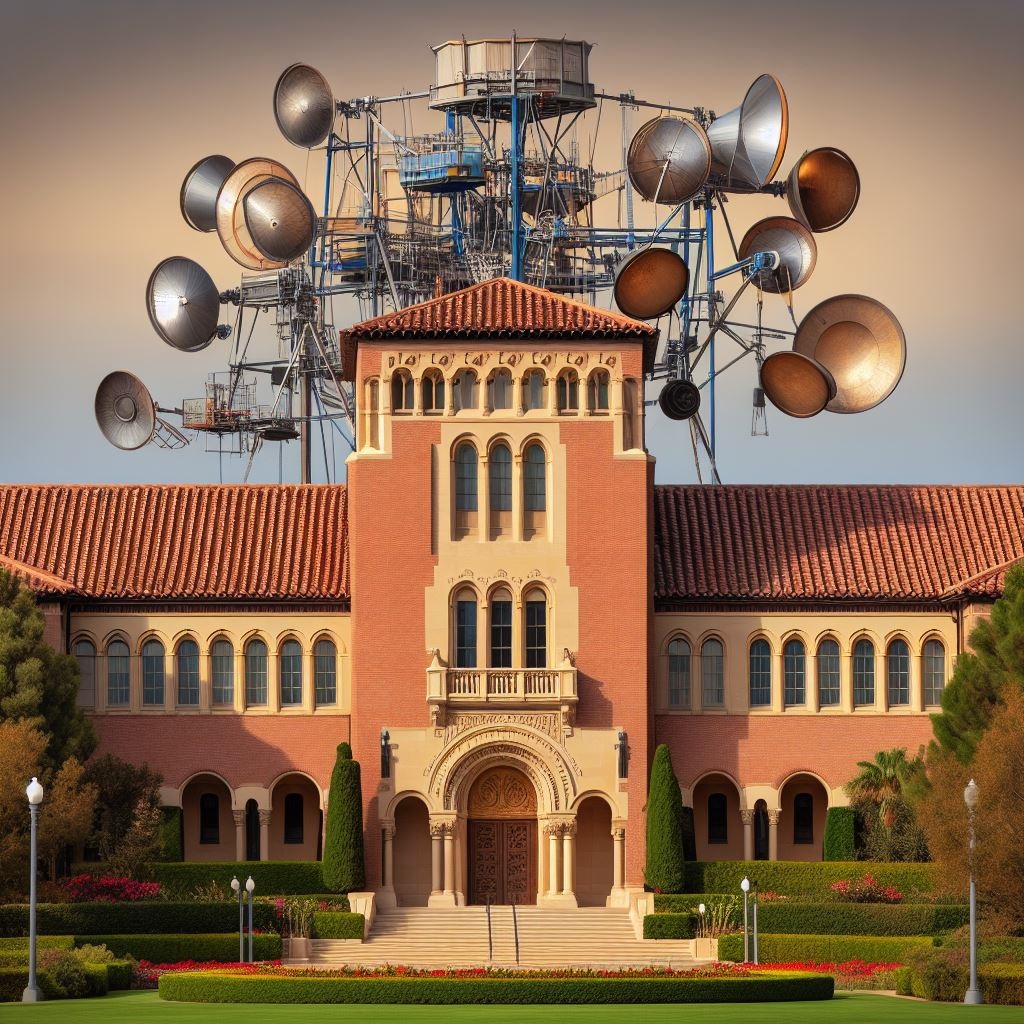In recent years, the University of Southern California (USC) has faced numerous lawsuits and scandals, including the high-profile college admissions scandal. However, one lawsuit that has received less attention is the lawsuit against C.W. Park, a professor at USC’s Marshall School of Business.
Who is C.W. Park?

C.W. Park, also known as Chongwook Park, is a marketing professor at USC’s Marshall School of Business. He has been a faculty member at USC since 2005 and has received numerous awards and accolades for his research and teaching.
However, in 2018, a former student filed a lawsuit against Park, alleging that he had sexually harassed her during her time at USC.
The Lawsuit

The lawsuit, filed by a former MBA student, accuses Park of making unwanted sexual advances and comments towards her during a study trip to South Korea in 2017. The student claims that Park offered to help her with her career in exchange for sexual favors and made inappropriate comments about her appearance.
The lawsuit also alleges that Park had a history of similar behavior towards other female students, and that USC was aware of this but failed to take action.
USC’s Response
USC has denied any wrongdoing and has stated that they were not aware of any complaints against Park prior to the lawsuit. However, the university did launch an investigation into the allegations and placed Park on administrative leave during the investigation.
In a statement, USC stated that they take all allegations of sexual harassment seriously and are committed to creating a safe and respectful learning environment for all students.
Student Rights at USC
The lawsuit against C.W. Park has raised questions about student rights at USC and the university’s handling of sexual harassment complaints.
Title IX
Title IX is a federal law that prohibits sex-based discrimination in any educational program or activity receiving federal funding. This encompasses institutions such as colleges and universities like USC.
Under Title IX, schools are required to have policies and procedures in place for handling complaints of sexual harassment and misconduct. This includes providing support and resources for victims, conducting investigations, and taking appropriate disciplinary action against perpetrators.
USC’s Policies
USC has a Title IX office that is responsible for handling complaints of sexual harassment and misconduct. The university also has a Sexual Harassment and Sexual Violence policy that outlines the procedures for reporting and investigating complaints.
However, the lawsuit against C.W. Park has raised concerns about the effectiveness of these policies and whether USC is adequately addressing complaints of sexual harassment.
The Impact of the Lawsuit
The lawsuit against C.W. Park has had a significant impact on the USC community, particularly among students and faculty in the Marshall School of Business.
Student Protests
In response to the lawsuit, students at USC organized protests and demanded that the university take action against Park and address the issue of sexual harassment on campus. The protests gained national attention and put pressure on USC to address the issue.
Faculty Response
The lawsuit has also sparked conversations among faculty members at USC about the university’s handling of sexual harassment complaints and the need for a more transparent and effective process.
Some faculty members have expressed concerns about the university’s response to the lawsuit and have called for a more thorough investigation into the allegations against Park.
Conclusion
The lawsuit against C.W. Park at USC has shed light on the issue of sexual harassment on college campuses and the importance of addressing these issues effectively.
While USC has denied any wrongdoing and has stated that they are committed to creating a safe and respectful learning environment, the lawsuit has raised questions about the university’s policies and procedures for handling complaints of sexual harassment.
As the lawsuit continues, it is important for USC to take a proactive approach in addressing these issues and ensuring that all students feel safe and supported on campus.
For more information, visit: Clochant




